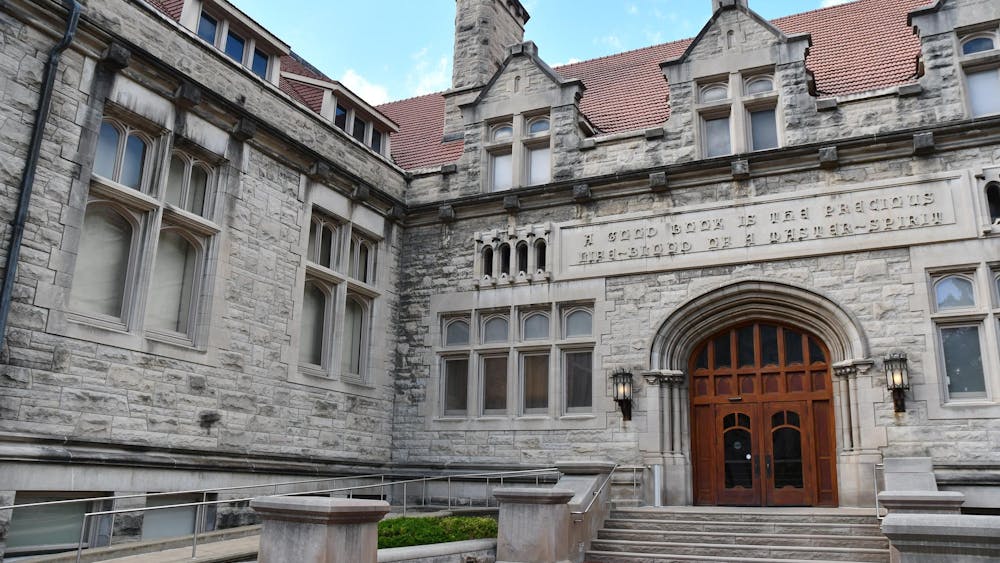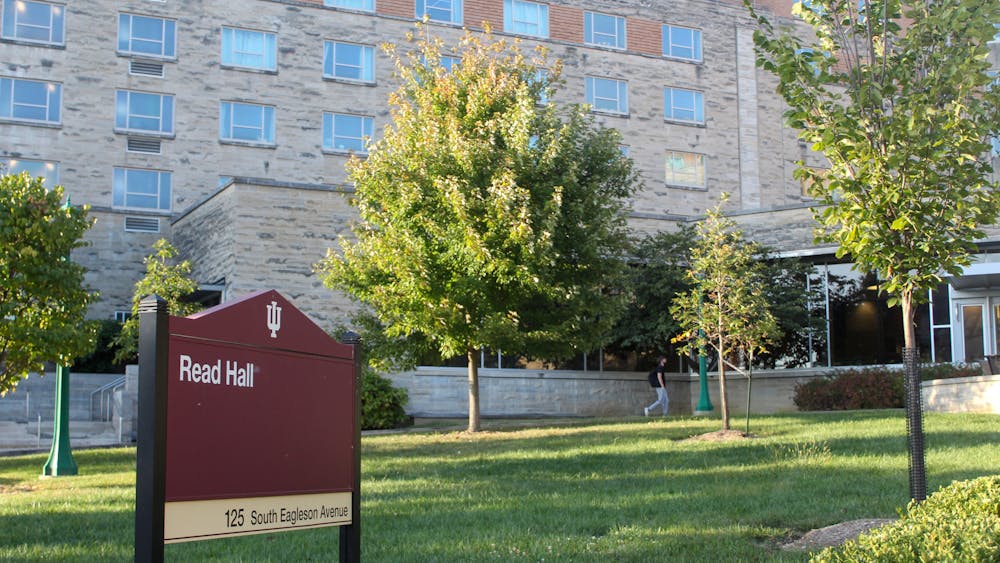The Trump Administration announced on July 3 that it is rescinding 24 guidance documents from the Obama Administration that set forth governmental policies on specific issues that were “unnecessary, outdated, inconsistent with existing law or otherwise improper.”
Among these were several documents that advised universities on how they could legally consider a prospective student's race as a factor in his or her application during the admissions processes.
The Trump Administration has not done away with affirmative action, but rather advised schools to stop using it for admissions. The supreme court upheld affirmative action in Regents of the University of California v. Bakke (1978), while criminalizing racial quotas for universities. Then, in Grutter v. Bollinger (2003) and Fisher v. University of Texas (2016), the court reaffirmed — both in narrow decisions — that universities have a compelling interest in assembling a diverse student body, and race may be considered in promoting that diversity.
Understandably, universities — of all places — do, in fact, have a compelling interest in promoting diversity. It has been proven time and time again that being surrounded by diverse realms of life enrich our ways of thinking and better our education. However, there are infinitely more ways of promoting diversity that do not consider race.
Universities look at students’ backgrounds talent, experiences and potential. These are all tailorable qualities of our existences — we can choose to succeed, work hard and promote a better life for ourselves in these respects. However, we cannot change our race.
The United States has striven for decades to render race arbitrary, but we are still clinging on to one way in which we are promoting discrimination: affirmative action. It is absurd to think that in 2018 a white or Asian family’s years of perseverance to obtain a better life is any less deserving than that of an African American family and vice versa.
A core purpose of the 14th Amendment to the U.S. Constitution was to do away with government-imposed discrimination based on race. However, affirmative action is exactly that.
In Grutter v. Bollinger, the University of Michigan Law School aimed to promote diversity by considering race in their admissions, but Chief Justice Rehnquist and justices Scalia, Kennedy and Thomas all recognized that the vast numbers of minority groups that were admitted to the law school were radically disproportionate.
In their concurring dissent, Rehnquist noted that, from 1995 through 2000, the Law School admitted between 13 and 19 Native Americans, between 91 and 108 African Americans and between 47 and 56 Hispanics. They further recognized that in consideration of the applicant pool, these numbers were too disproportionate to not be the result of some implicit racial quota.
In fact, this shows it is impossible for universities to not have some implicit racial quota if they are considering race as a factor for admissions, and rather difficult to prove the schools' interests meet the criteria of strict scrutiny.
In the court’s opinion in Grutter, read by Justice Sandra Day O’Connor, she recognized that 25 years after that court’s decision, affirmative action will no longer be necessary. It has now been 15 years, and due to the way in which our systems of government and society are run, we no longer need to arbitrarily discriminate against the majority to better a minority. There will be no significant difference in this respect in the next 10 years, so leveling the playing field now regarding college acceptance will be the most just action.
Furthermore, affirmative action can actually have the opposite effect that is intended. By singling out minorities we are essentially telling the world they need a leg up in this community. This, in turn, furthers social discrimination and slows the process of total equality.
If we are at a point in time in which we can say that all men are created equal, then we should start to finally act like it, instead of unbalancing life in the opposite direction in hopes of undoing history.
The courts must find the temporary nature of the need for affirmative action is now over, and college admissions must focus on talent, experiences and potential alone. Until then, universities need to recognize the different environment in which we are now, take into account the position of the federal government and do away with race-based admission decisions.





